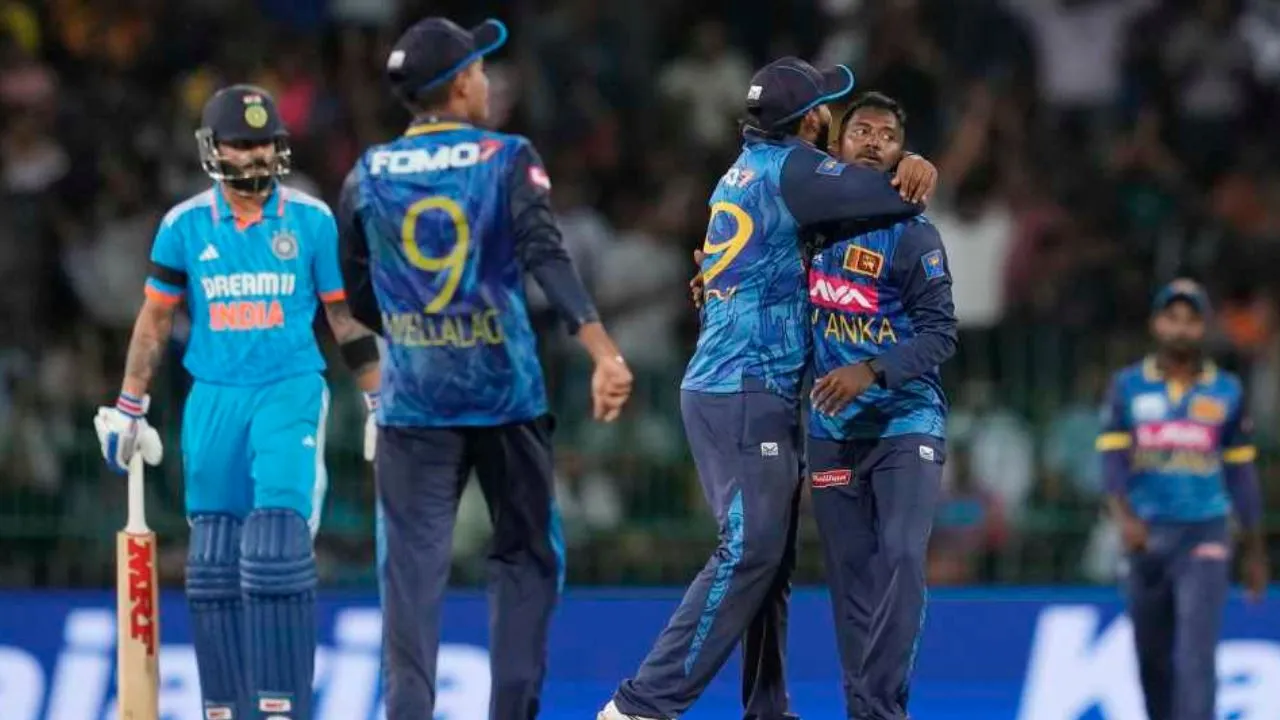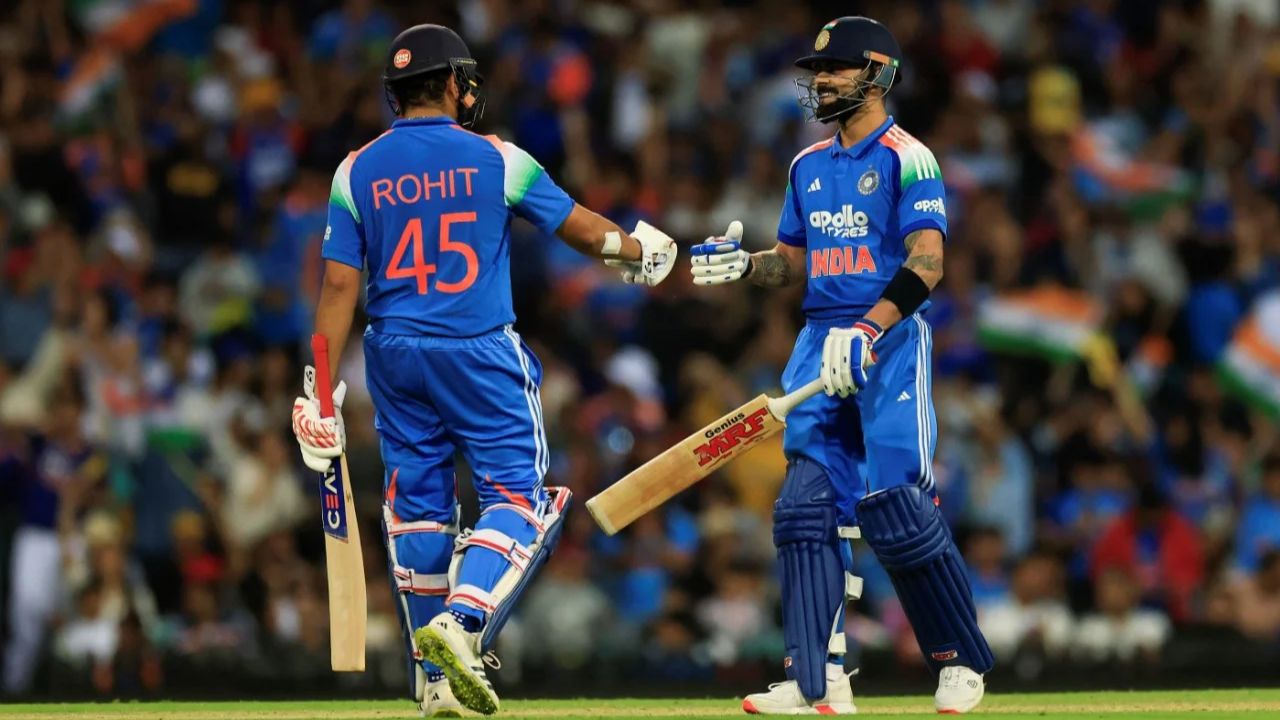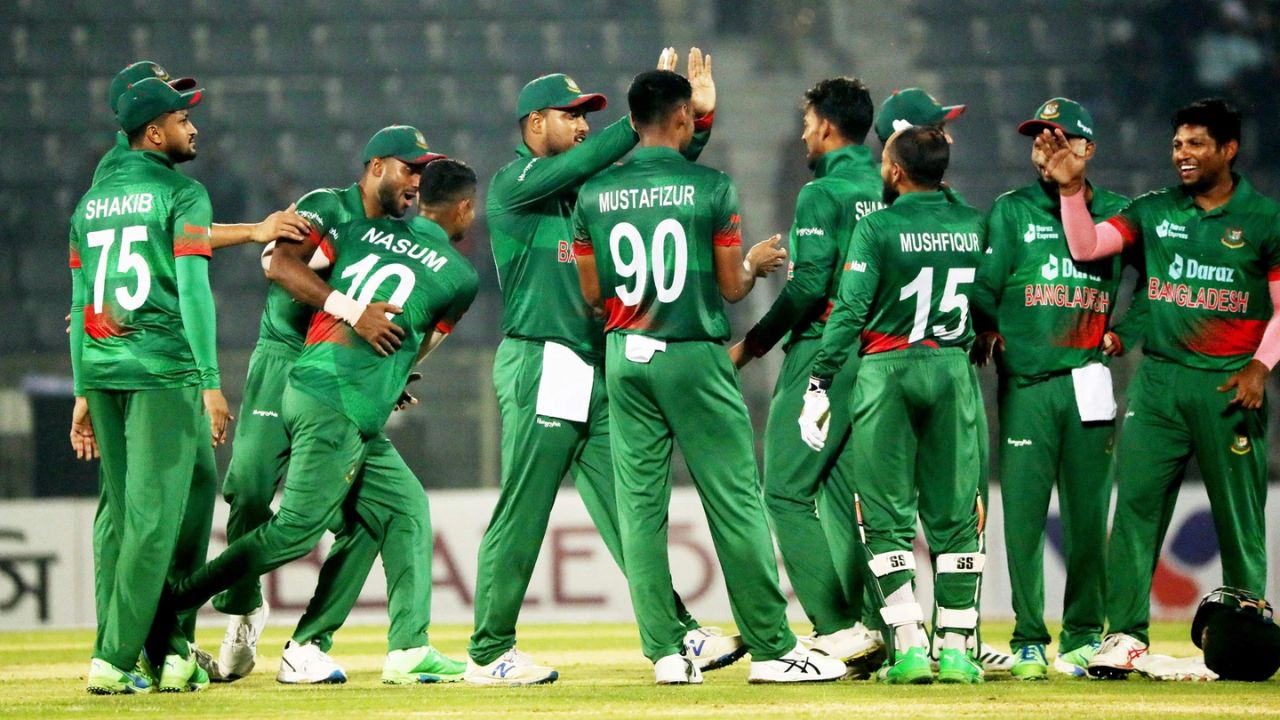Blunder exposed! Umpires break ICC rules with 'No Super Over' call in India vs Sri Lanka 1st ODI
Published - 03 Aug 2024, 09:03 PM | Updated - 24 Aug 2024, 07:05 AM

The first ODI of the ongoing three-match series between India and Sri Lanka ended in a tie. Both the teams finished their innings on 230 runs in the series-opener, played at the R. Premadasa Stadium in Colombo on Friday (August 3).
Batting first, Sri Lanka scored 230/8 in the allotted 50 overs thanks to fifties from Pathum Nissanka and Dunith Wellalage. Nissanka scored 56 runs while Wellalage scored an unbeaten 67. At one stage, Sri Lanka were reeling at 101/5 before Wellalage's unbeaten fifty helped them post a 200-plus total.
In reply, India were bowled out for 230 runs in the 48th over. Captain Rohit Sharma scored a 33-ball fifty and gave his team a flying start. However, his effort eventually went in vain as the other Indian batters had a disappointing outing in the game.
In the 48th over, Shivam Dube hit Charith Asalanka for a four to level the score. With just 1 run needed from 15 balls and 2 wickets in hand, a win looked like a mere formality for the Men in Blue. However, Asalanka trapped both Dube and Arshdeep Singh lbw on successive deliveries to bowl out India for 230 runs.
Did the umpires commit a blunder in India vs Sri Lanka ODI?
Before the first ODI, the third T20I between India and Sri Lanka was also tied and the result was eventually decided by a Super Over. However, the ODI game ended without a clear winner. Well, it looks like the ODI game could have had a clear winner as well if the umpires had followed the ICC rules.
As per ICC's ODI Playing Conditions, a Super Over should have been played to decide the winner of the game. The ICC Men’s ODI Playing Conditions, which have been in effect since December 2023, state that in case of a tie or a no result:
"A Super Over shall be played. If the Super Over is a tie, then unless exceptional circumstances arise subsequent Super Overs shall be played until there is a winner. Should it not be possible to play or complete the Super Overs needed to determine a winner, the match shall be tied."
Seems umpires blundered last night at RPS. According to new playing conditions that’ve been in effect since December 2023, a tied ODI should have gone for a super over. In fact there were provision for multiple super overs to break the deadlock. p<!---->i<!---->c<!---->.<!---->t<!---->w<!---->i<!---->t<!---->t<!---->e<!---->r<!---->.<!---->c<!---->o<!---->m<!---->/<!---->6<!---->J<!---->a<!---->o<!---->6<!---->n<!---->7<!---->6<!---->v<!---->k
— Rex Clementine (@RexClementine) A<!---->u<!---->g<!---->u<!---->s<!---->t<!----> <!---->3<!---->,<!----> <!---->2<!---->0<!---->2<!---->4
The rules make it crystal clear that a tied ODI game should end with a Super Over unless it is not feasible to play them. The conditions in Colombo were absolutely fine for the Super Overs as it was not raining but the officials still decided to end the game after the conclusion of India's innings.
In the past, the results of several ODIs were decided by Super Overs. The 2019 ODI World Cup final had Super Over as well. Later in 2020, a game between Pakistan and Zimbabwe was decided by the Super Over too. The Cricket World Cup Qualifier in 2023 between West Indies and Netherlands was also decided by the Super Over.
About the Author

I am an Author and Editor at Cricketaddictor. Before starting my journey as a cricket journalist, I... Read more












